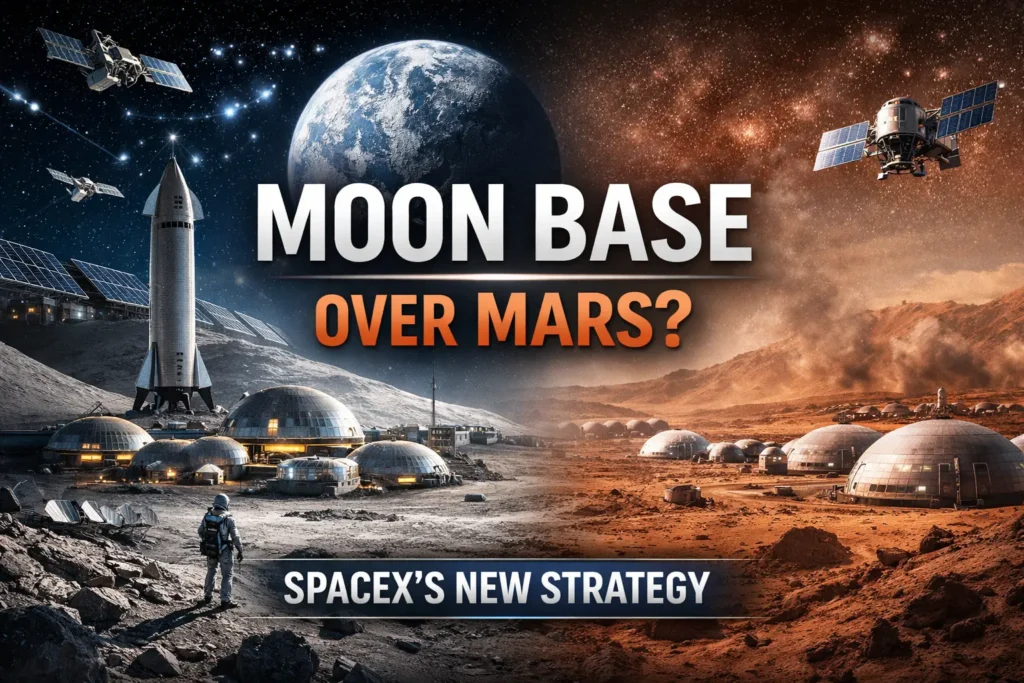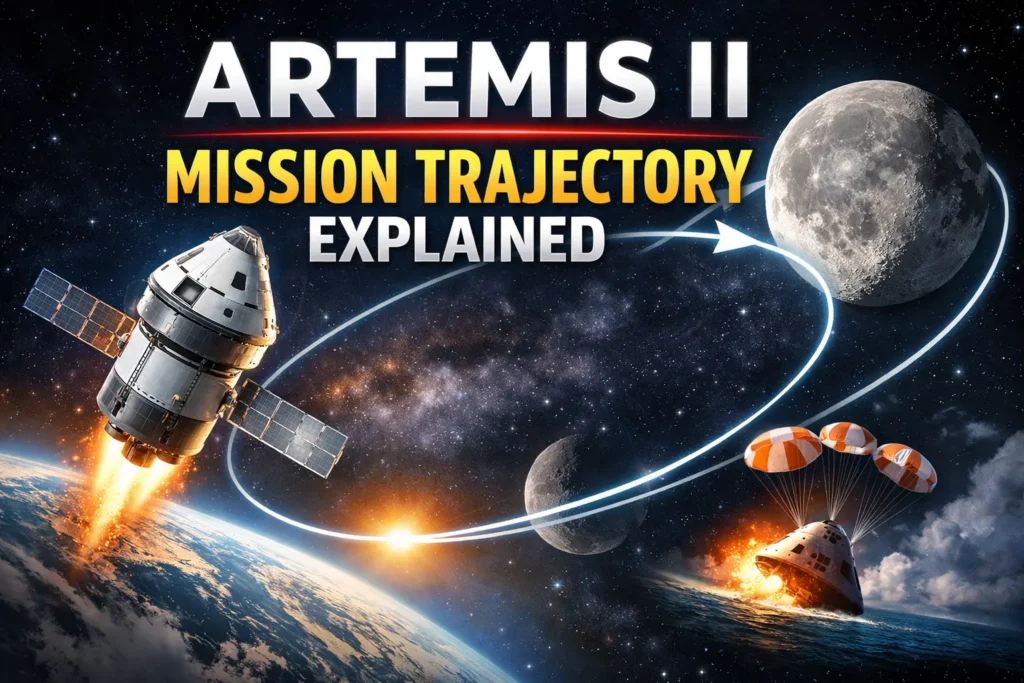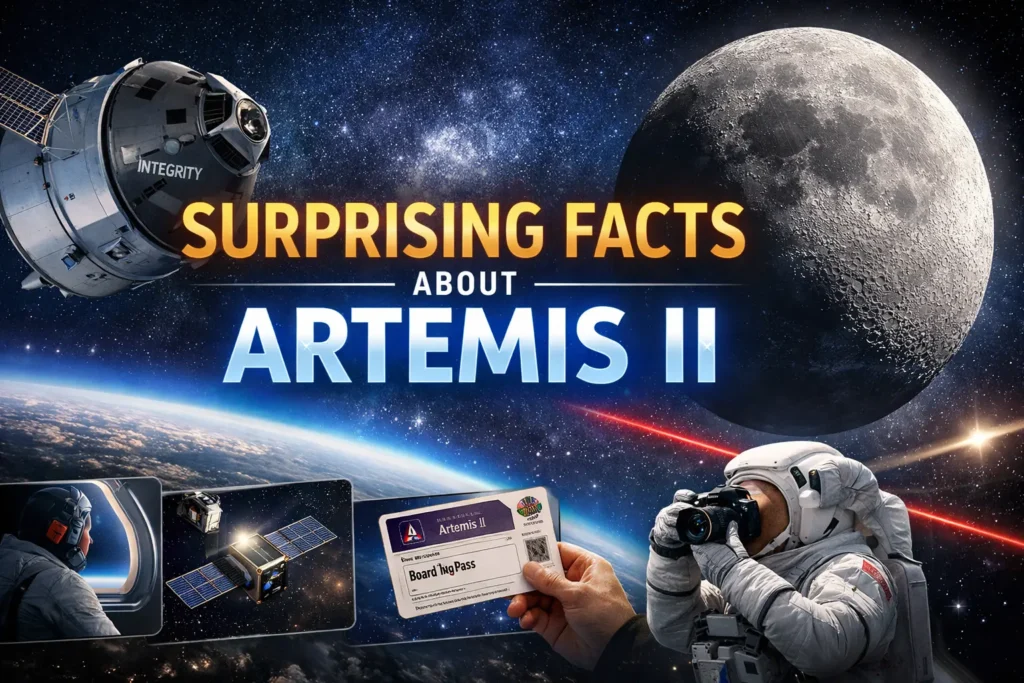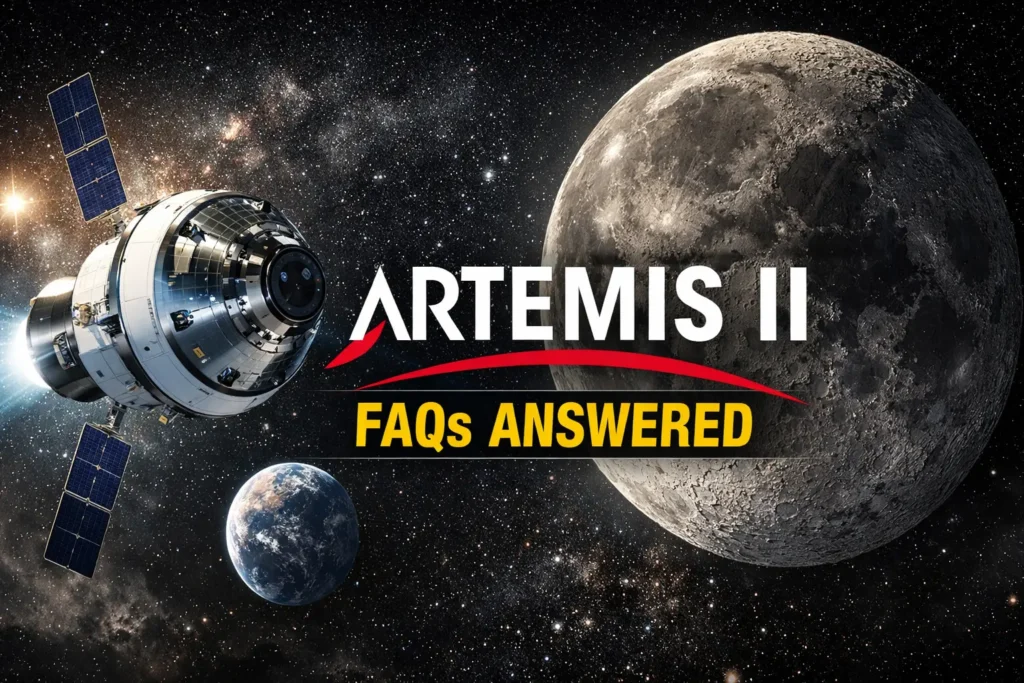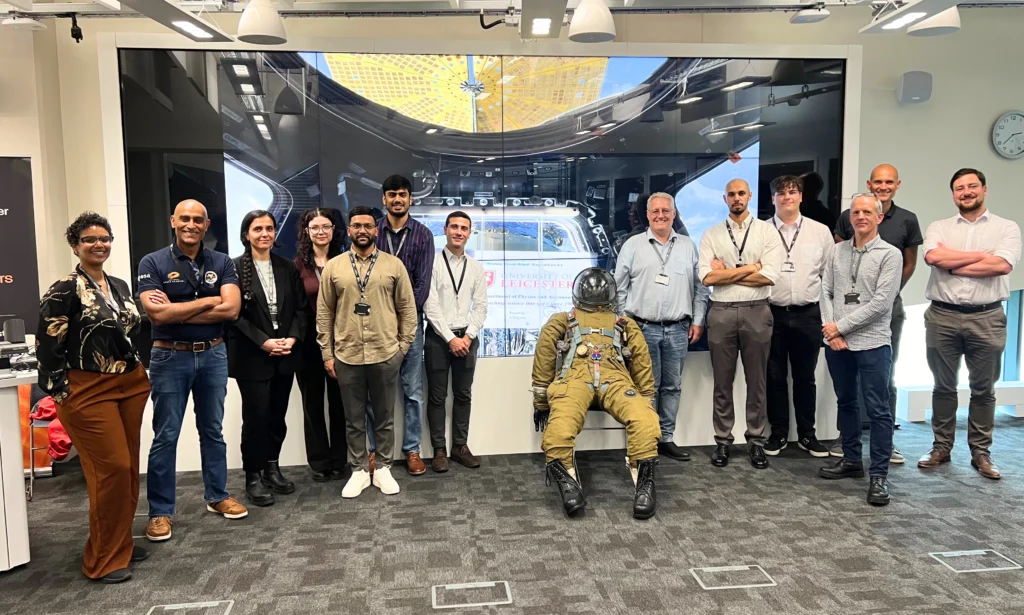
AS23.Space Technologies
Revolutionizing the way data is handled in space
Nebula Data is a revolutionary constellation of satellites designed to serve as data exchange points for space-to-space data relay. In a future where inter-satellite and, maybe, interplanetary, communication will be more and more important, Nebula Data is going to be vital in the whole Space Ecosystem. We’ve had the honor to talk with Barry Leeson, the Company Owner. Enjoy this super-interesting read!
Can you provide an overview of AS23.Space’s mission and how NebulaData fits into your vision for revolutionizing the space economy?
AS23.Space’s mission is to drive innovation in space technology and make space exploration more accessible, sustainable, and impactful for humanity. NebulaData, our decentralized network of smart satellites and space based data centers, is a cornerstone of our vision to revolutionize the space economy. By providing a secure, efficient, and scalable platform for space derived data, storage, processing, and transmission, NebulaData aims to enable a new era of space-based services, applications, and research.
AS23.Space has secured partnership with Airbus for ISS payload demonstration in 2025

What inspired you to pursue the concept of a decentralized network of smart satellites and space-based data centres?
The inspiration behind NebulaData stemmed from the growing demand for space-based data and computing resources, coupled with the limitations of traditional satellite networks. We recognised the need for a more flexible, resilient, and cost-effective solution that could harness the power of distributed networks and edge computing in space (Satellite as a Service (SataaS)). By decentralising space data processing and storage across a network of smart satellites, we aim to unlock new possibilities for real-time data analysis, low-latency communication, and large-scale data processing in orbit.
How does NebulaData differ from traditional satellite networks in terms of functionality and efficiency?
Traditional satellite networks are often designed for specific applications, such as communication or Earth observation, with limited on-board processing capabilities. NebulaData, on the other hand, is a versatile platform that combines communication, data storage, and computing power in a distributed network of interconnected satellites. This decentralized architecture enables more efficient use of resources, load balancing, and seamless data transfer between nodes, resulting in higher throughput, lower latency, and improved resilience compared to traditional satellite networks and satellite direct to ground communications.
What are the primary challenges you’ve faced in developing and implementing NebulaData, and how have you addressed them?
Many primary challenges, the immense technical complexity involved in designing and integrating the various components of NebulaData, such as the smart satellites, data centres, and interconnected network infrastructure. We address this by assembling a multidisciplinary team of experts in relevant fields, including pioneering academic institutes, satellite engineering, network architecture, distributed computing, and AI/ML automation software architectures.
Another significant challenge has been developing ultra-high data processing capabilities, including complex AI/ML automation software architectures, to handle the vast amounts of data generated in space environments. Data storage has also been a hurdle, as high storage capacities come with weight and power constraints in the space domain.
Additionally, power management has been a critical issue, as satellites have limited and intermittent access to solar power, necessitating judicious use of available resources. We have invested in software solar technology advancements to maximize power efficiency while minimizing size and weight.
Furthermore, we have focused on developing adaptable and future-proof software architectures to accommodate evolving use patterns and extend the lifespan of our satellites beyond their initial operational periods.
Through extensive research and development efforts, strategic collaborations, and a commitment to innovation, we have addressed these challenges systematically, ensuring the reliability, scalability, and efficiency of the NebulaData system.
Notice Title
The Mission:
To optimize space-based data handling by processing, filtering, and compressing information in orbit, ensuring only the most relevant data is transmitted to Earth. With powerful AI capabilities, Nebula Data enables autonomous operations, real-time decision making, and leverages cloud computing resources in space.
SpaceX’s New Moon-First Strategy: A Groundbreaking Pivot in Lunar and AI Infrastructure
Artemis II Trajectory Explained: How NASA Will Send Humans Around the Moon Again
Beyond the Moon: Lesser-Known and Fascinating Facts About NASA’s Artemis II Mission
Artemis II: Key Questions About Humanity’s Next Crewed Lunar Mission
Space Park Leicester Launches “Executive Guide to Space” Mission Programme
Behind the Columbia Space Shuttle Disaster
Could you elaborate on the potential applications and industries that could benefit most from NebulaData’s capabilities?
NebulaData has the potential to revolutionize a wide range of industries and applications that rely on space-based data and computing resources. These include earth observation and remote sensing for environmental monitoring, agriculture, insurance institutes and disaster management; space exploration and scientific research; telecommunications and low-latency data transmission; and even emerging fields like space-based manufacturing and resource extraction. Any industry that requires real-time data processing, secure data storage, or large-scale computing power could benefit from NebulaData’s capabilities.
Notice Title
Key Features:
Advanced in-orbit data processing
Real-time Earth observation and disaster response capabilities
Virtual machine hosting
Blockchain support
Sensor and radar data management
Massive data storage capacity
How does AS23.Space ensure the security and integrity of data transmitted and stored through NebulaData’s network?
Data security and integrity are paramount concerns for AS23.Space. We employ a multi-layered cybersecurity approach, including advanced quantum encryption, secure communication protocols, robust access controls, and regular security audits to stay ahead of emerging threats.
Crucially, NebulaData’s distributed architecture provides inherent data redundancy and fault tolerance. Data is replicated across our entire satellite constellation, ensuring no single point of failure. If one satellite is compromised or lost, the data remains intact and accessible through other nodes in the network. This decentralized approach minimizes the risk of complete data loss or breach.
Moreover, we’ve implemented self-healing capabilities that automatically detect and mitigate anomalies, seamlessly re-routing data transmissions and restoring redundancy levels. This self-sustaining redundancy is a key differentiator, guaranteeing data persistence and continuity of operations, even in the face of individual satellite failures.
Through this holistic strategy encompassing cybersecurity best practices and an ultra-resilient, decentralized architecture, AS23.Space delivers unparalleled data security, integrity, and availability for our customers’ mission-critical space-based assets and applications.
Data security and integrity are of paramount importance to AS23.Space. We employ a multi-layered approach to ensure the protection of data transmitted and stored through NebulaData’s network. This includes advanced encryption techniques, secure communication protocols, and robust access control mechanisms. Additionally, we implement measures to ensure data redundancy and fault tolerance, minimizing the risk of data loss or corruption. Our security protocols are regularly reviewed and updated to stay ahead of emerging threats.
What role do you see NebulaData playing in advancing scientific research and exploration beyond Earth’s orbit?
NebulaData has the potential to be a game changer for scientific research and exploration beyond Earth’s orbit. By providing a platform for large scale data processing and storage in space, NebulaData can enable advanced simulations, real time analysis of data from space-based instruments, and efficient collaboration between researchers and explorers across the globe. This could lead to breakthroughs in fields such as astrophysics, planetary science, and the search for extra-terrestrial life, furthering our understanding of the universe and our place within it.
As the owner of AS23.Space, what long-term goals do you have for NebulaData and its impact on the space economy?
As the owner of AS23.Space, my long-term vision for NebulaData extends far beyond its immediate applications. I aim to establish it as a transformative infrastructure, democratizing access to space based data and processing resources to drive innovation across the space economy.
By lowering the barriers to entry, NebulaData empowers new players, fosters entrepreneurship, and enables groundbreaking business models, services, and applications previously deemed unfeasible or cost prohibitive. This democratization spurs collaboration, research, and economic growth within the space sector.
NebulaData’s decentralized architecture contributes to space sustainability by minimising debris and prolonging the operational lifespan of our satellite constellation through self healing mechanisms and intelligent resource allocation.
Looking beyond the space domain, NebulaData’s impact holds profound implications for Earth’s sustainability. The insights derived from our unparalleled access to space-based data can drive advancements in areas such as climate change monitoring, natural resource management, disaster response, and environmental conservation. By empowering stakeholders with real-time, high-fidelity data and processing capabilities, NebulaData enables informed decision-making and innovative solutions to address pressing global challenges.
Ultimately, my goal is for NebulaData to serve as a bridge between space and Earth, catalysing a virtuous cycle where space enabled technologies drive sustainability efforts, which in turn fuel further exploration and utilization of space resources. This symbiotic relationship between space and Earth will unlock new frontiers of knowledge, economic opportunities, and environmental stewardship, ensuring a prosperous and sustainable future for generations to come.
What partnerships or collaborations have been instrumental in the development and growth of NebulaData, and how do you envision expanding these relationships in the future?
Partnerships and collaborations have been instrumental in the development and growth of NebulaData. One key collaboration has been our agreement with Airbus and their Bartolomeo platform to utilize the International Space Station (ISS) for a dedicated mission in 2025. This ISS mission will provide invaluable space heritage and operational experience as we work towards realizing the full potential of NebulaData.
Additionally, we have secured Letters of Intent (LoIs) from a diverse range of prospective customers eagerly awaiting our services. These include blockchain developers, optical communication telecoms, advanced data-heavy sensor processing institutes, and more. Their early commitment underscores the immense demand for NebulaData’s capabilities across multiple sectors.
Beyond these existing relationships, we continue to actively seek partnerships with academic institutions, research organizations, space agencies, and innovative industry players. Their expertise, resources and support have been invaluable in areas like technology development, testing, validation and pushing the boundaries of what’s possible.
Looking ahead, we envision expanding these collaborative efforts to establish NebulaData as a true global consortium. By bringing together the brightest minds and leading entities, we can drive interdisciplinary advancements, share knowledge, pool resources and create a thriving ecosystem of space-based data and computing solutions.
Our goal is to forge long-term, mutually beneficial alliances that foster continuous innovation, cross-pollination of ideas, and the democratization of space-based capabilities. These partnerships will be crucial in tackling complex challenges, unlocking new frontiers of research and commercial opportunities, and ensuring NebulaData remains at the forefront of the rapidly evolving space economy.

How does AS23.Space navigate regulatory and legal challenges associated with deploying and operating a decentralized network of satellites and data centers?
As an entrepreneur starting NebulaData, I initially underestimated the complex regulatory and compliance landscape that this space industry entails. However, over the years, I have gained invaluable experience navigating this data intricate field. Recognising the immense challenges new space businesses face in this regard, I am personally committed to integrating AS23.Space into a robust framework that benefits and supports companies venturing into this space data domain.
Navigating the regulatory and legal challenges associated with deploying and operating a decentralized network of satellites and data centres is a multifaceted endeavour. We work closely with relevant authorities and regulatory bodies to ensure compliance with international laws, treaties, and guidelines governing space activities. This includes obtaining necessary licenses, adhering to orbital mitigation guidelines, and respecting the principles of peaceful exploration and use of outer space.
We will actively participate in discussions and forums to contribute to the development of data frameworks and best practices for emerging space-based technologies like NebulaData. Our goal is to collaborate with policymakers, industry peers, and stakeholders to shape a regulatory environment that fosters innovation while maintaining the highest standards of safety, security, and sustainability.
Given the global nature of our operations, we navigate a complex web of national and international regulations. Our dedicated legal and compliance team stays abreast of evolving laws and policies, ensuring seamless operations across multiple jurisdictions. We also prioritise transparency and open communication with regulatory bodies, proactively addressing potential concerns and collaborating on solutions.
Furthermore, we recognise the importance of data privacy and sovereignty, implementing robust measures to protect sensitive information and comply with data protection regulations across various regions.
By integrating AS23.Space into a comprehensive regulatory framework, we aim to pave the way for new space businesses, providing them with a solid foundation to navigate the intricate legal and compliance landscape. Our goal is to enable a thriving space ecosystem that fosters innovation while upholding the highest standards of responsibility and accountability.

